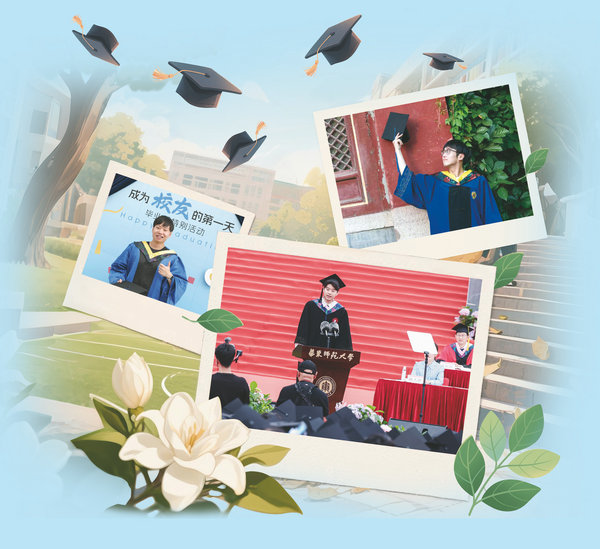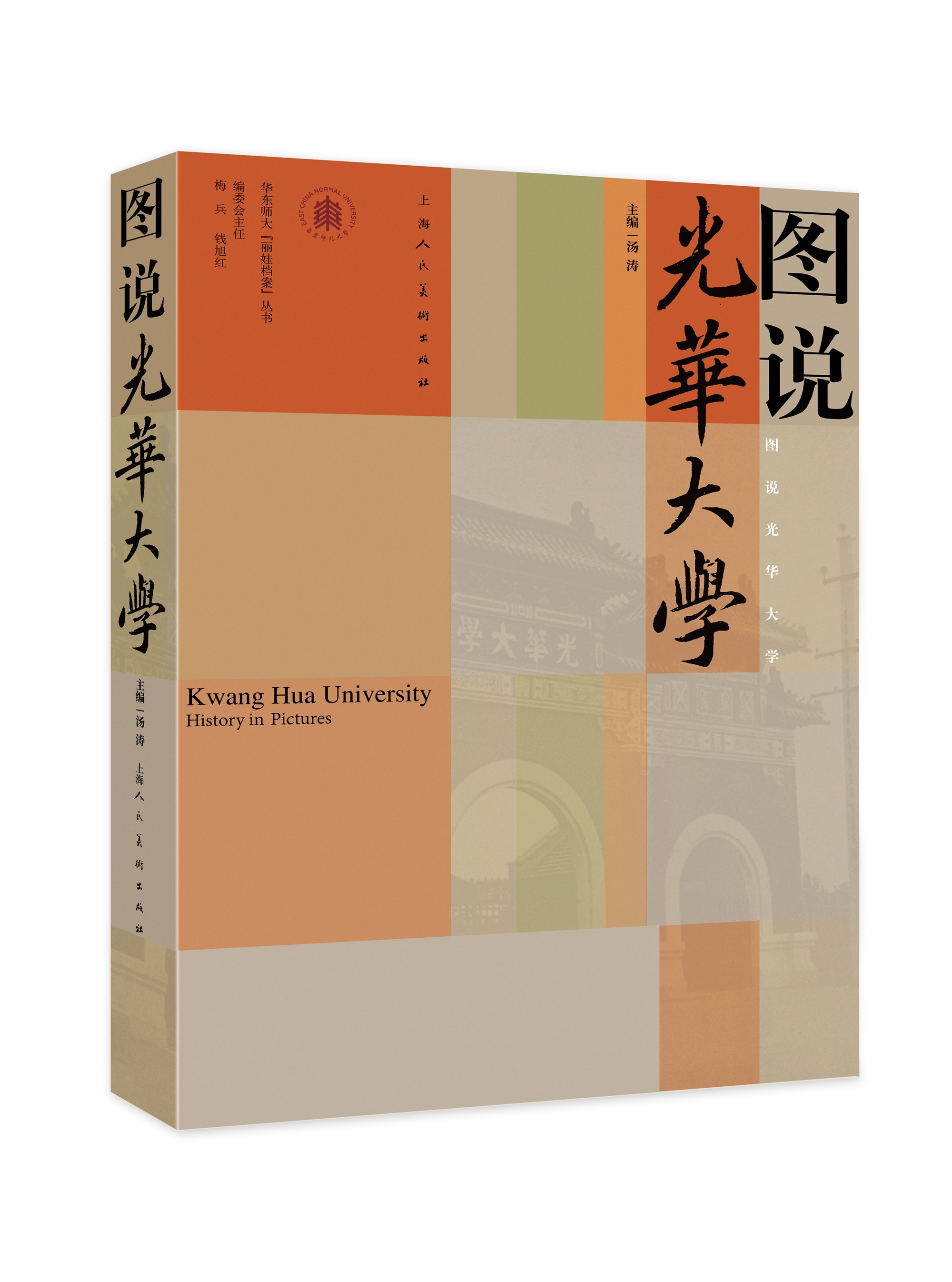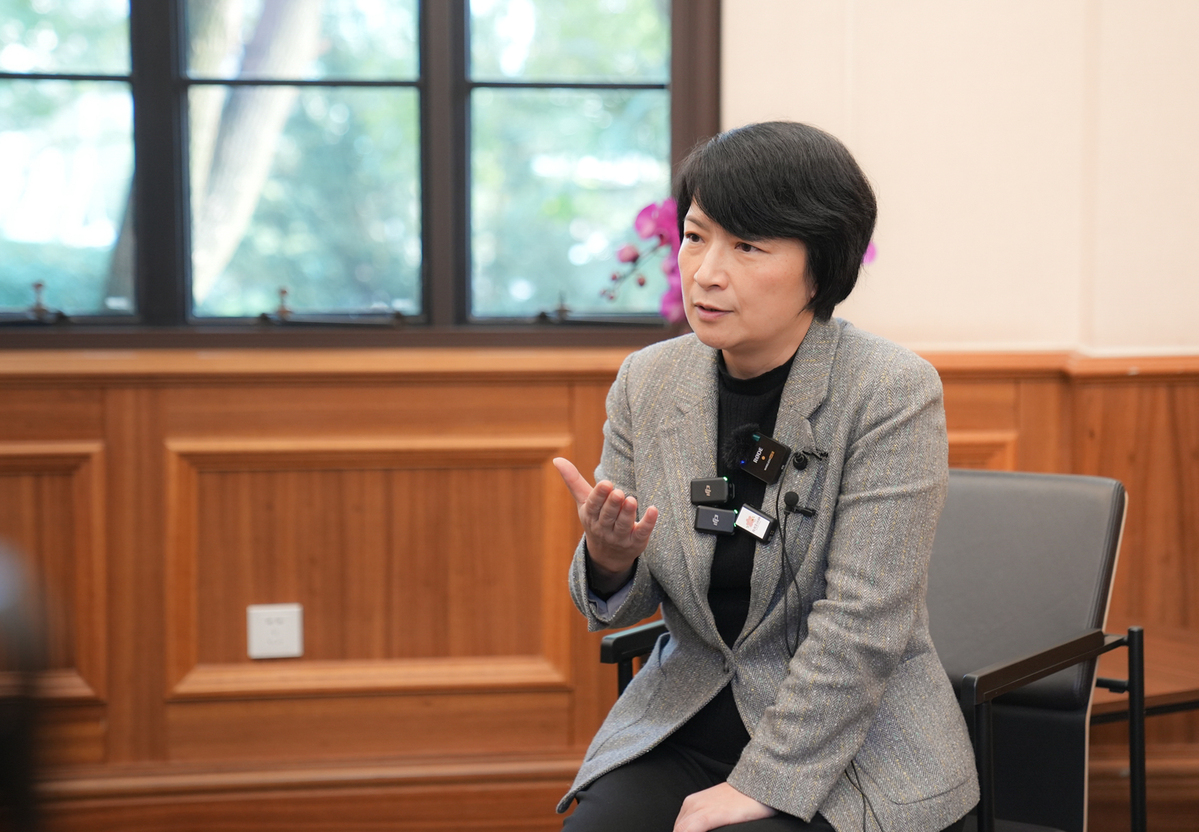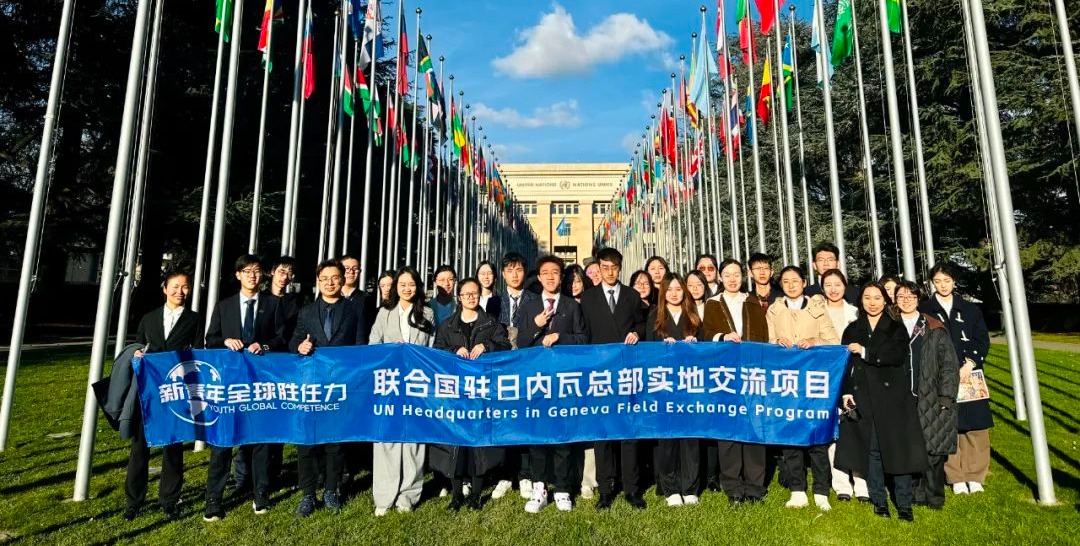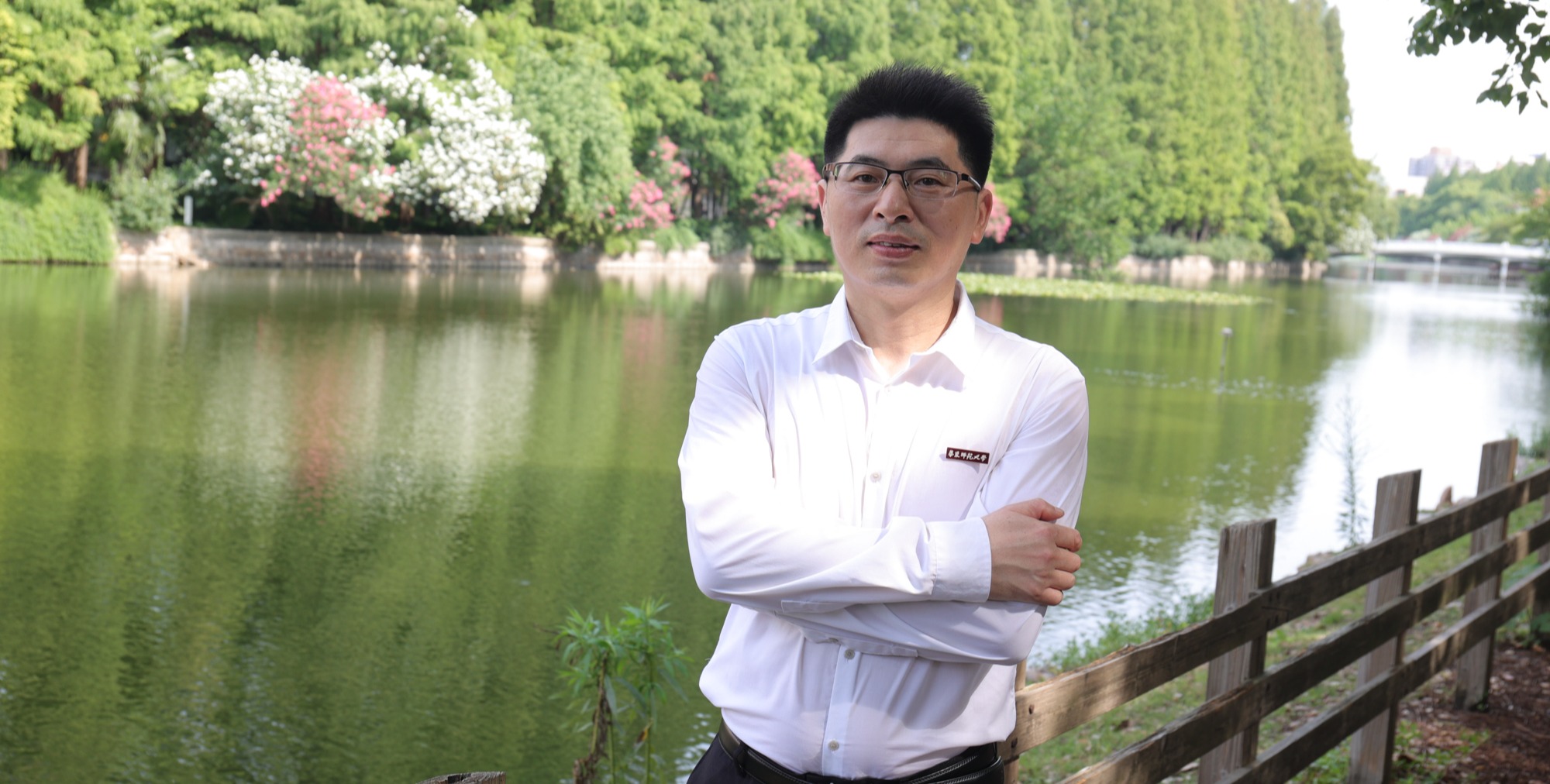The latest progress achieved by Prof. Haibin Wu's research team from the State Key Laboratory of Precision Spectroscopy (SKLPS) of East China Normal University (ECNU) was published in Science as the First Release on Aug 26. The article is titled "Observation of a superradiant quantum phase transition in an intracavity degenerate Fermi gas."
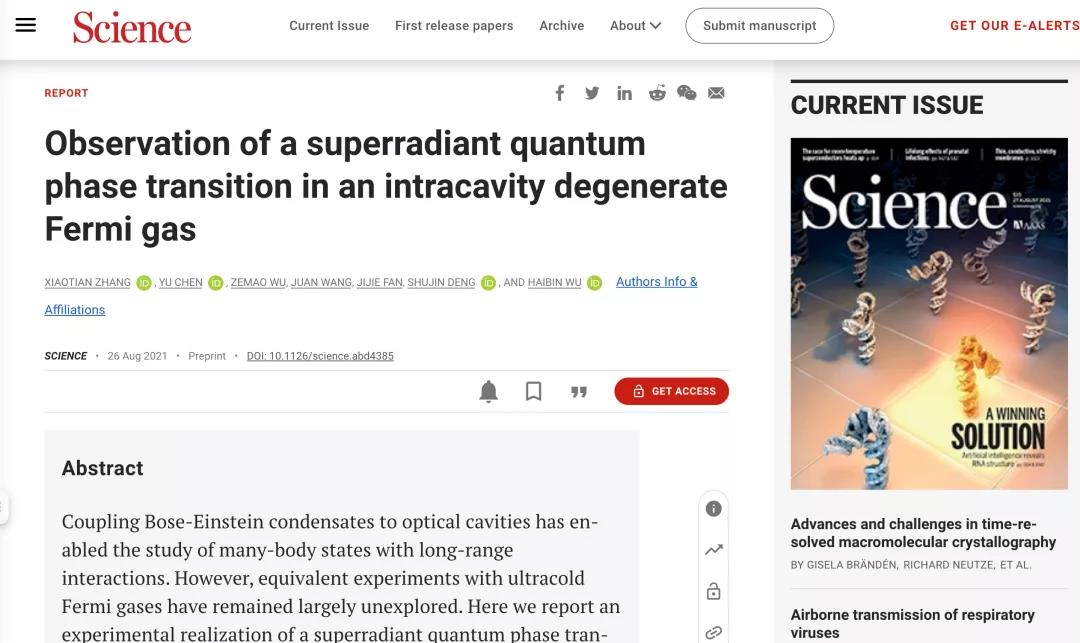
This is the second time that Haibin Wu's team's achievement was published in Science with ECNU as the first affiliation. They published "Observation of the Efimovian Expansion in Scale Invariant Fermi Gases" in Science in 2016.

Prof. Haibin Wu
Coupling Bose-Einstein condensates to optical cavities has enabled the study of many-body states with long-range interactions. However, equivalent experiments with ultracold Fermi gases have remained largely unexplored. Prof. Wu's group reports an experimental realization of a superradiant quantum phase transition of a degenerate Fermi gas in a transversely pumped optical cavity. The self-ordering checkerboard density pattern of Fermi gases and superradiant transitions of the cavity field spontaneously emerge by increasing the pumping intensity above a threshold value. The effects of Fermi statistics are manifested by an inverse square root scaling of the threshold with atom number and the slow dynamics of low atomic momentum states. This work provides an ideal platform for studying nonequilibirium dynamics of many-body states for long-range interacting Fermi gases.
Xiaotian Zhang, a PhD student, is the first author of the paper. Prof. Haibin Wu is the corresponding author. ECNU is the first affiliation.
In 2012, Haibin Wu was supported by the "youth high-level talent program" of ECNU and was selected into the "overseas high-level talent program" of the Organization Department of the CPC Central Committee.
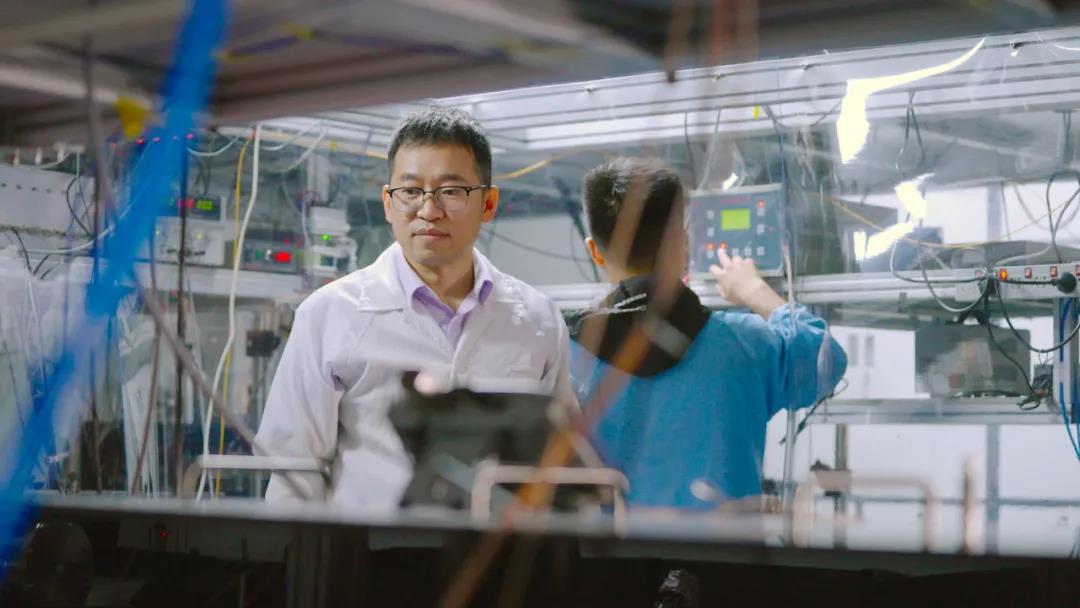
With the support of the university, Prof. Wu has established an experimental platform for precision control of ultracold atoms and molecules, organized a team to continuously tackle key problems and studied the experimental research of strongly interacting ultracold quantum gases. In 2019, he was supported by the National Science Fund for Distinguished Young Scholars.
This work has been supported by the National Key R&D Program of China, the Major Program of the National Natural Science Foundation of China, the National Science Fund for Distinguished Young Scholars, the Key Projects in the Science and Technology of Shanghai and the Shanghai Major Fundamental Research Program.
Source:State Key Laboratory of Precision Spectroscopy

